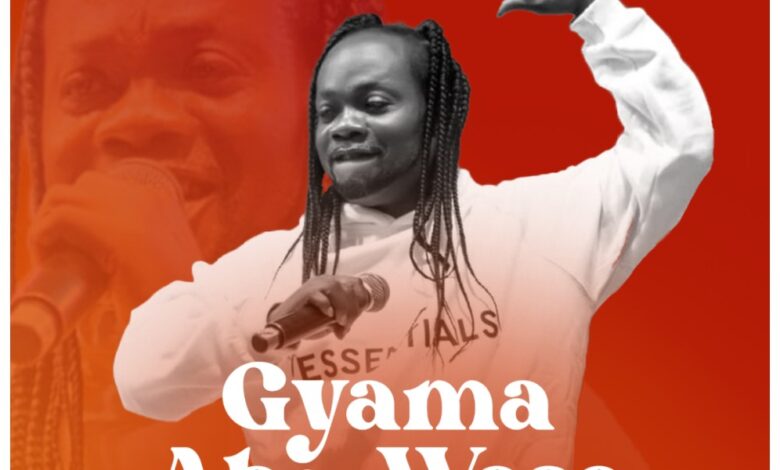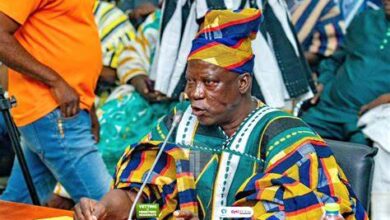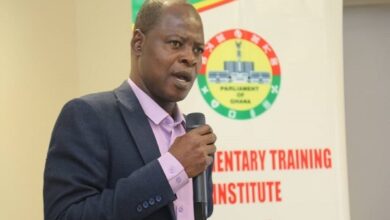A tribute to the legend, Daddy Lumba

Growing up, one quiet pride I carried as a young Ghanaian woman was my uncanny ability to sing, almost effortlessly, the timeless highlife songs of our legendary forebears: J. A. Adofo, Amakye Dede, Nana Ampadu, Osibisa, C. K. Mann, A. B. Crentsil, Jewel Ackah, Paapa Yankson, Kojo Antwi, and of course, Daddy Lumba.
Considering I’ve only danced through just over three decades of life, one might not expect me to know these old tunes so intimately. But blame my father (gratefully so) for this gentle, joyful indoctrination.
Of all these greats, one voice seemed to always pull me in, Daddy Lumba. It wasn’t merely the rhythm or melody. It was the soul he poured into his lyrics. With elegant ease, he wove proverbs, idioms, and metaphorical gold into stories of love, betrayal, wisdom, friendship, and faith. His music wasn’t just heard, it was lived.
And now, on this day, July 26, 2025, Ghana truly grieves.
They said it often before, but now it is real: Daddy Lumba is no more.
He sang of death’s approach, of foes plotting in the dark, of life’s fleeting nature. And now, the curtain has truly fallen. No matter the songs that echo through our homes and hearts, the man behind them will never walk on stage again.
So what happens when the main act leaves the stage?
Does the performance end, or does it quietly go on?
Life, relentless and unsentimental, continues. That is the sorrowful truth.
Forrest Church once wrote, “Life is a gift, not a given. One day, we will sleep and not wake. The path of life is strewn with trap doors. Every day is a miracle.”
Today, Charles Kojo Fosu met his trap door. And this time, there was no encore.
Yet, he leaves behind more than silence. He leaves a legacy—a life lived out loud in lyrics, rhythm, and truth. His songs now pass into history, but their impact lingers, echoing across generations.
So if you have something to say, say it now.
If there’s something burning within you, do it now.
Because life doesn’t pause for our pain, nor wait for our readiness.
But perhaps in living boldly, and loving deeply like Lumba did, we too will write a melody that time cannot silence.
Written by: Dr. Elizabeth Owusu Asiamah





